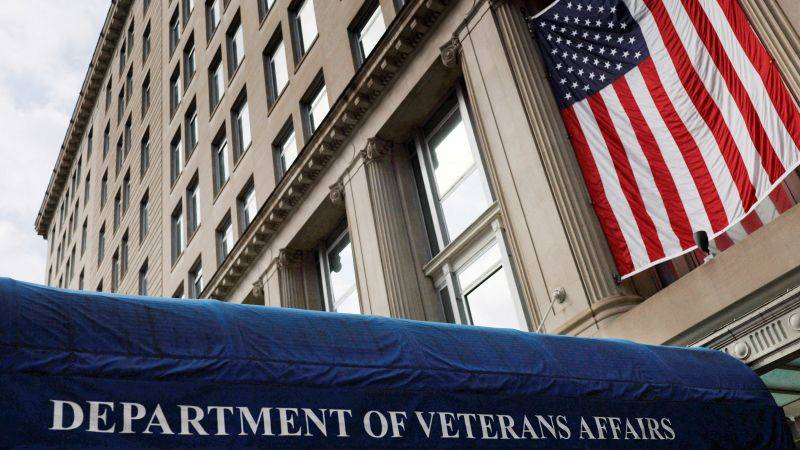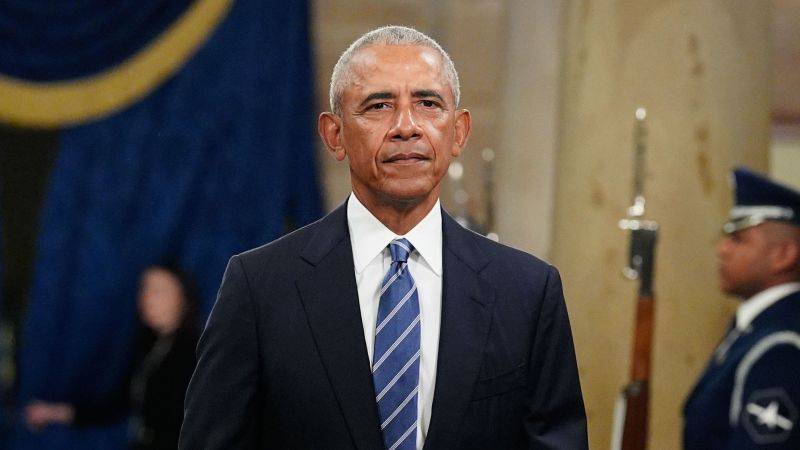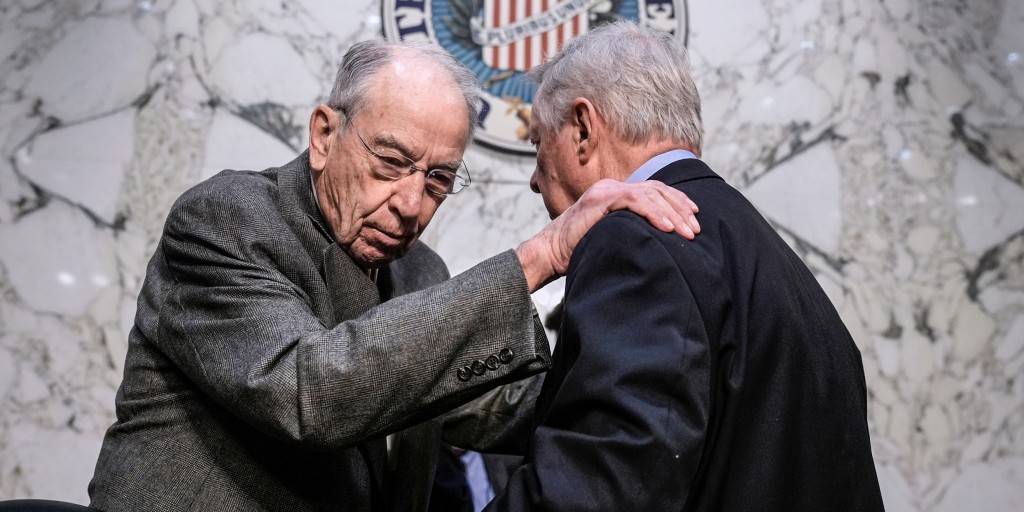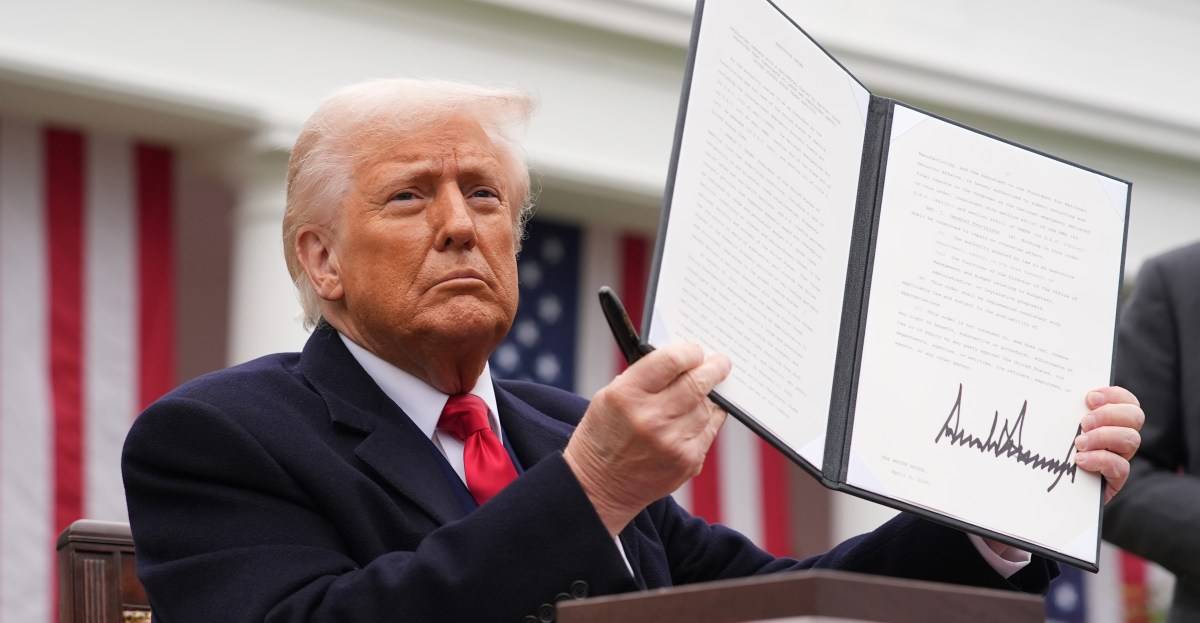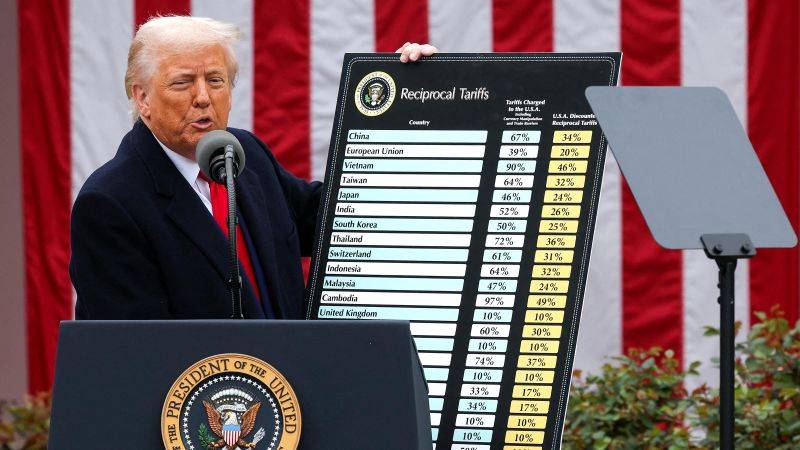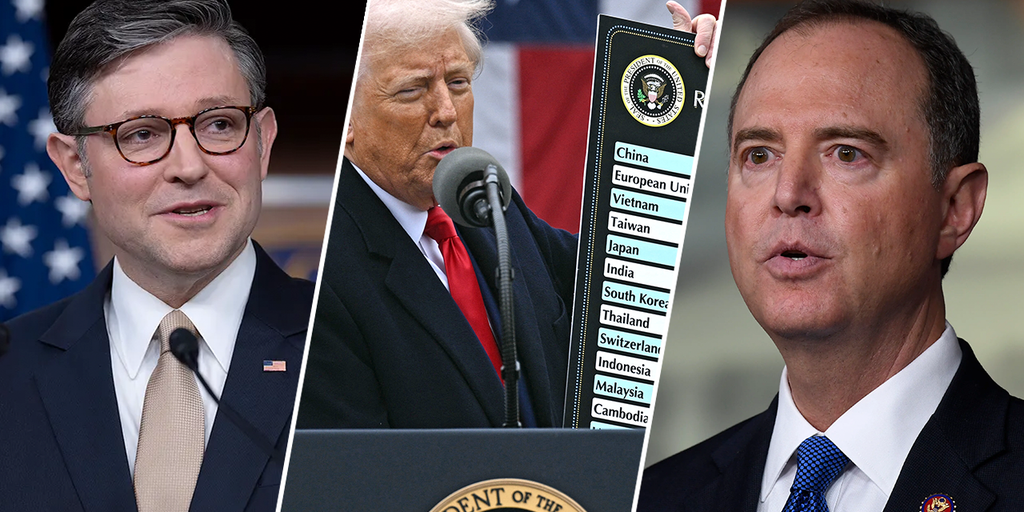Congress Scrutinizes VA Benefits System
As Congress steps up its scrutiny of the VA benefits system, particularly focusing on benefits denial reform for veteran families, the plight of those battling for support highlights some of the most pressing challenges in veterans’ care. This comes at a time when the Department of Veterans Affairs (VA) faces numerous legislative and administrative changes aimed at improving services for millions of veterans across the U.S.
Expansion of Benefits Through the PACT Act
In recent years, the VA has seen significant expansions in benefits, notably through the PACT Act, which addresses toxic exposure issues faced by veterans. By 2025, more conditions are expected to be added for presumptive service connection, potentially increasing financial support for affected veterans and their families. However, despite these gains, the system still struggles with lengthy appeals processes and benefit denials, which can leave families without the financial or medical aid they desperately need.
Impact of Benefits Denials on Families
The issue of benefits denial reform is not just about procedural efficiency; it cuts deep into the heart of family support systems. Families of veterans often face immense financial strain when benefits are denied, impacting everything from education assistance to basic living expenses. For instance, the Dependency and Indemnity Compensation (DIC) and Survivors Pension programs are crucial for those who have lost a loved one, yet these benefits can be subject to denial if the complex and often time-consuming appeals process fails them.
VA Leadership and Concerns Over Potential Cuts
VA Secretary Doug Collins has emphasized the importance of prioritizing veterans, ensuring that their benefits are protected and services improved. However, rumors of potential cuts or changes to the disability benefits system continue to circulate, stirring anxiety among veterans and their families. For many, these rumors represent another hurdle in what is already a challenging journey toward securing the support they believe they have earned through their service.
Legislative Efforts and Future Reforms
As the political landscape continues to evolve, particularly with Republican bills aimed at expanding veterans’ access to private healthcare and ongoing debates about VA efficiency, the core issue remains: ensuring that veterans and their families receive the care and compensation they need without undue delay or bureaucratic hurdles. The Senator Elizabeth Dole 21st Century Veterans Act, passed in the House, aims to modernize VA services and expand caregiver support, but its Senate passage is awaited. These developments underscore the ongoing battle between policy ambitions and practical outcomes in veterans’ care.
The Reality on the Ground
In my own reporting experiences from the Washington, D.C. political corridor, I have seen veterans and their families face daunting realities both at the VA and in the broader healthcare system. Despite legislative advancements like the PACT Act, the grassroots level often tells a different story. Veterans frequently express frustration with delayed benefits, inadequate mental health support, and the endless paperwork required to navigate these bureaucratic systems.
The Path Forward
As we push into 2025, it is critical for policymakers and the VA to address these gaps through streamlined processes, improved mental health services, and expanded access to community care. The VA’s efforts to modernize its systems, including faster claims processing and telehealth expansions, are steps in the right direction. Yet, the ultimate test of these reforms will be their tangible impact on veterans’ lives—a challenge that requires not just legislative action but a deep commitment to individualized care and support.
For now, as Congress demands reforms, the hope is that these actions will translate into tangible improvements for veterans and their families. With millions of veterans enrolled in the VA healthcare system and many more dependents relying on its benefits, getting this right is a matter of national priority. The forthcoming years will be crucial in shaping the future of veterans’ care, and it is up to both policymakers and the public to ensure that promises are kept and the lived experiences of veterans are at the forefront of legislative change.

